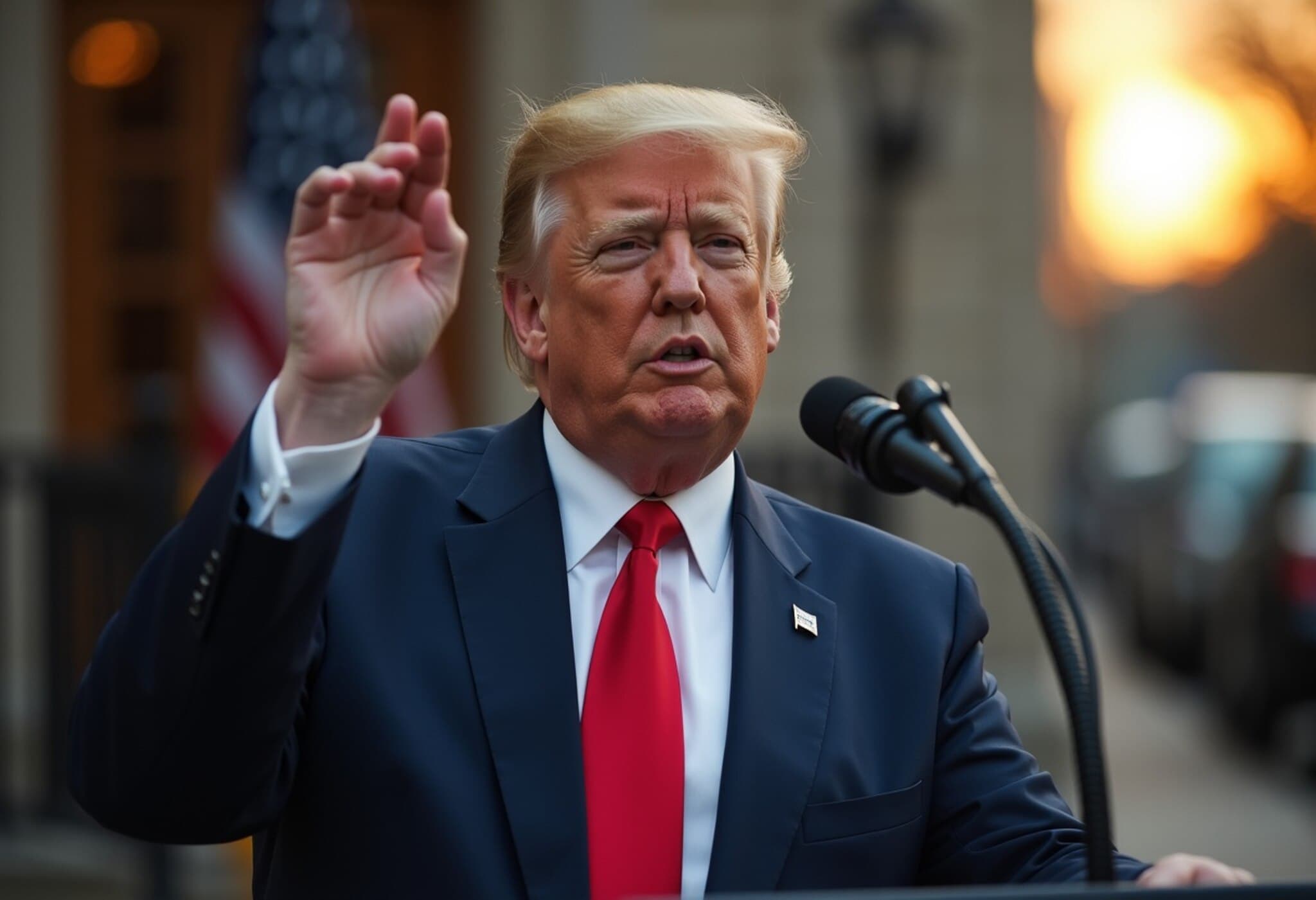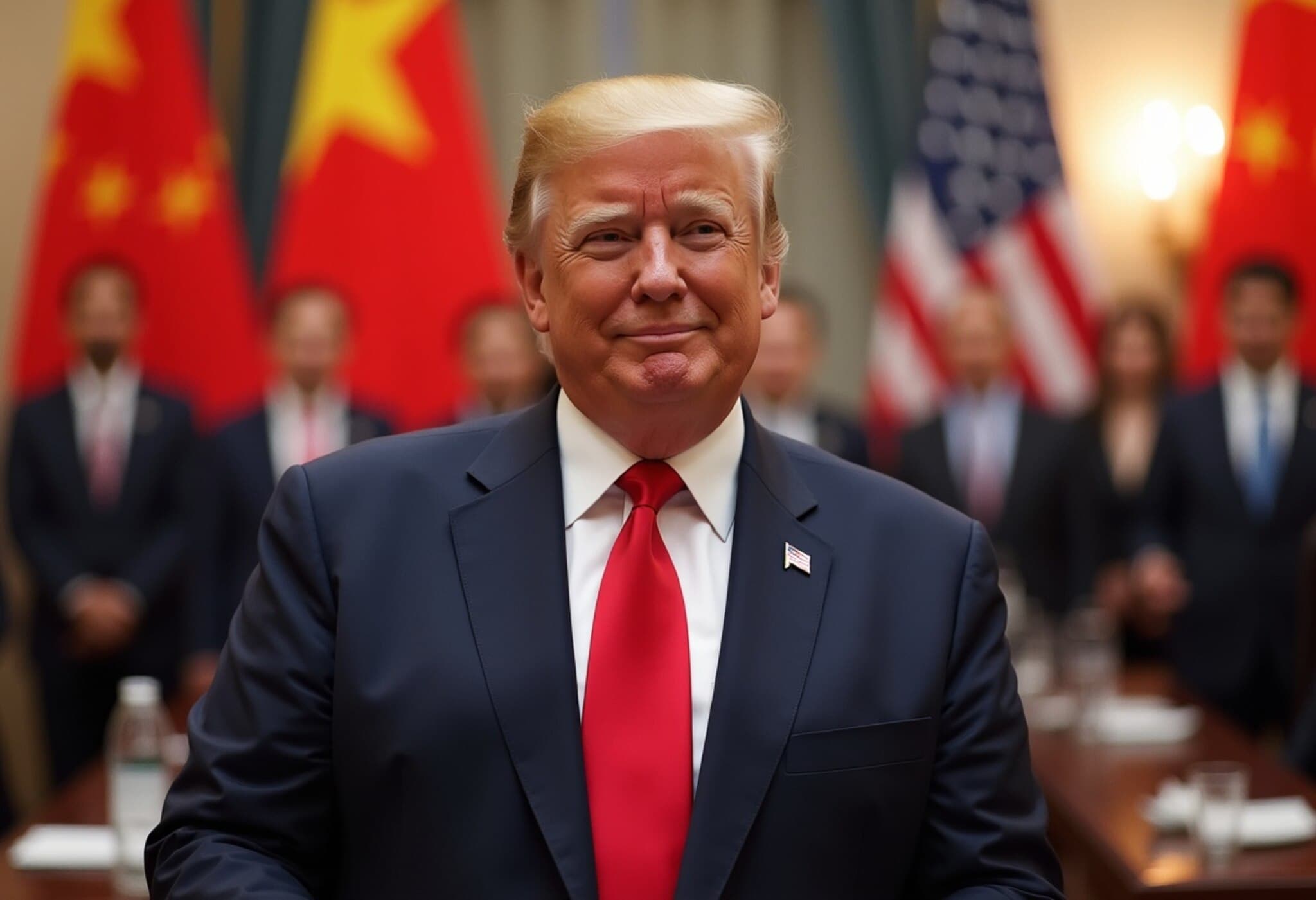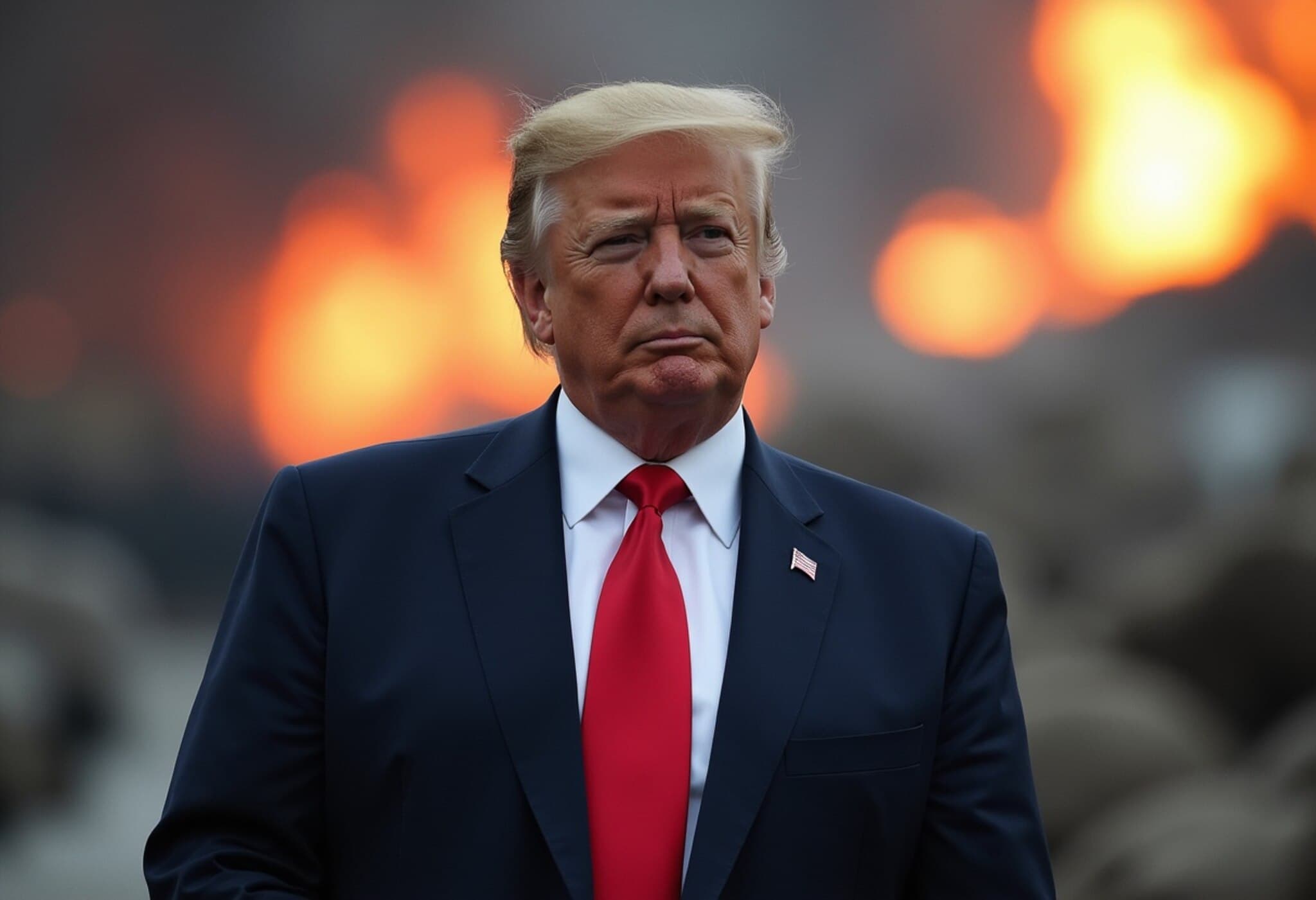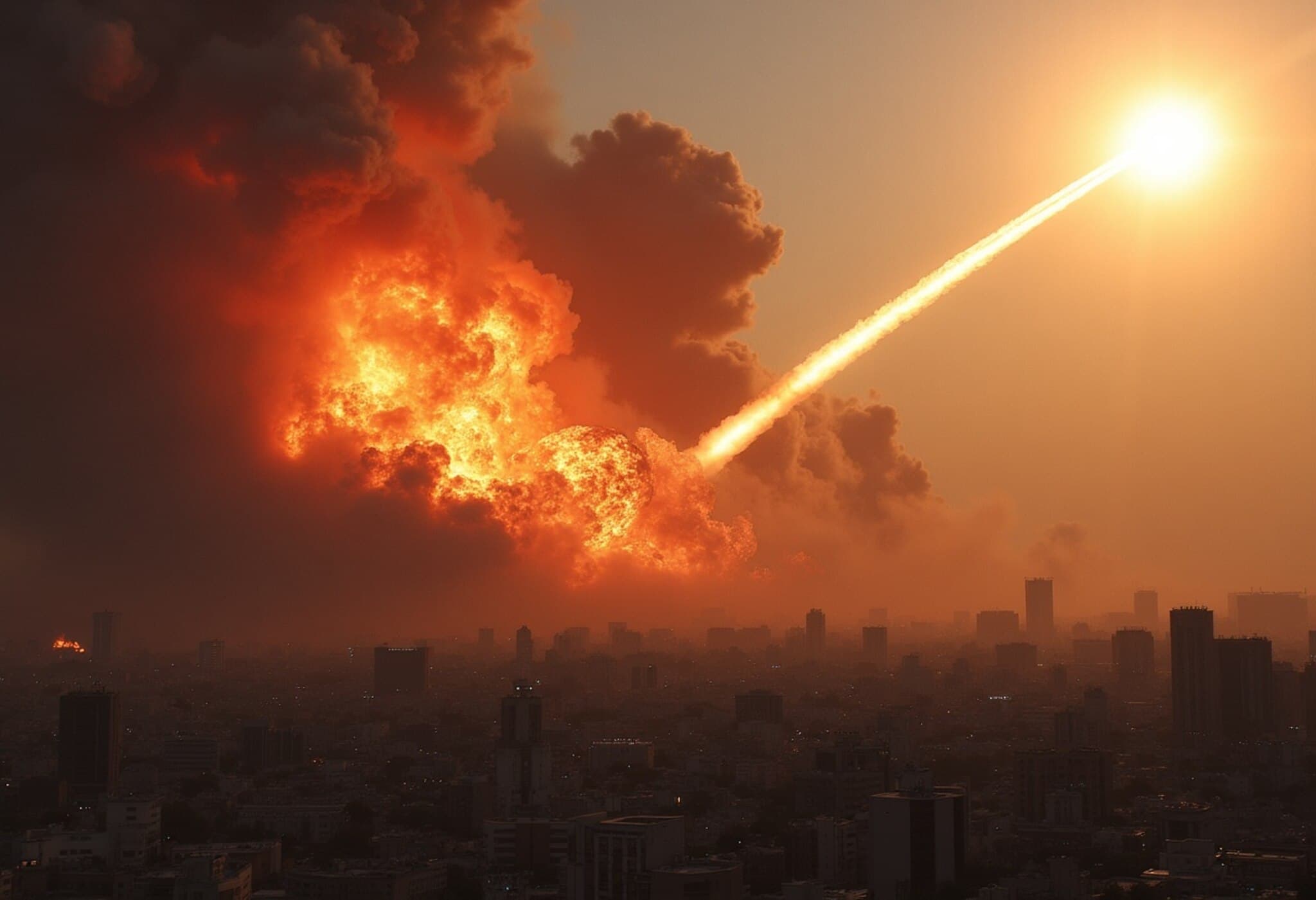Oman Pioneers Personal Income Tax in the Gulf
In a bold move to diversify its economy and reduce soaring public debt, Oman will soon become the first Gulf country to implement a personal income tax. This landmark decision breaks away from the longstanding regional norm, where oil-rich nations have traditionally relied on hydrocarbon revenues while avoiding direct taxation on personal income.
Why Oman Is Changing Course
Gulf countries have historically enjoyed vast oil and gas wealth, allowing them to fund government operations without levying personal income taxes. Additionally, the absence of such taxes has attracted high-net-worth individuals and expatriates. Instead, these countries have often relied on corporate taxes, value-added tax (VAT), customs duties, and other fees to generate revenue.
However, with fluctuating oil prices and growing fiscal demands, Oman is seeking to broaden its financial base beyond hydrocarbons. Introducing a personal income tax is a strategic step toward that goal, signaling a more diversified and sustainable economic future.
Key Details of Oman’s Income Tax Plan
- Tax Rate: A flat 5% personal income tax rate.
- Threshold: Applies to individuals earning above 42,000 Omani rials (approximately $109,000) annually.
- Effective Date: The tax collection will begin in 2028, giving individuals and businesses time to prepare.
- Exemptions and Deductions: Provisions for deductions related to social expenses such as education, healthcare, inheritance, zakat, charitable donations, and primary housing.
- Population Impact: Expected to affect roughly 1% of Oman’s population, primarily high earners.
Economic Implications and Regional Context
The decision reflects growing pressures on Gulf economies as expenditures rise amid volatile oil markets. Oman's Economy Minister stated that this move will help reduce dependency on oil revenues while continuing to support social programs.
Although no other Gulf nation has yet introduced personal income tax, experts suggest that this could change as countries grapple with fiscal deficits and seek new revenue streams. Notably, nations like Saudi Arabia and Bahrain are currently facing budgetary challenges that may prompt similar reforms. The International Monetary Fund has indicated a growing likelihood that personal income taxes may become more common in the Gulf in the coming years, especially as the global shift away from fossil fuels intensifies.
Looking Ahead
Oman’s decision to impose a personal income tax marks a significant shift in Gulf economic policy, potentially setting a precedent for the region. As the transition unfolds, businesses and individuals will watch closely to gauge how this new taxation landscape will shape the future of wealth and investment in the Gulf.











